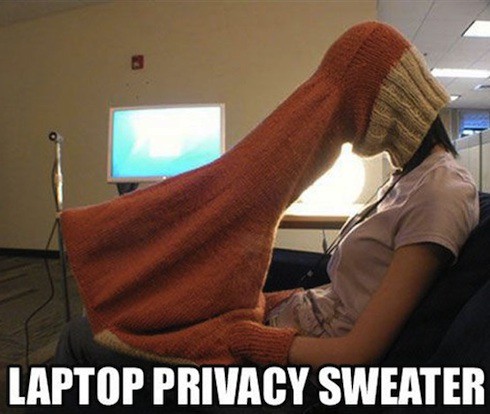What is revenge porn? Is it legal?
What is revenge porn? Is it legal? A recent rash of revenge porn outbreaks has led major social networking sites such as Twitter and Reddit to ban the controversial practice. But what exactly is revenge porn? How much of it is genuine? And what are the legal ramifications of sharing it?
Revenge porn has become one of the most searched-for subgenres of porn on the internet. In the past few years, hundreds of sites dedicated to its nefarious ways have cropped up across the web. The premise is simple enough: Photos or videos purporting to be of former lovers, ex-girlfriends, or just plain people the uploader knows are slapped up onto the web without the consent of the person being photographed or filmed. At least some portion of what claims to be video revenge porn features paid actors pretending to be outraged–in the same way that most porn featuring–for example–babysitters is just an actress pretending to be a babysitter, and not an actual one.
The huge majority of revenge porn, though, is real. And the best-known example of it is also the most high-profile: last year’s so-called “The Fappening” and “The Fappening 2” both involved celebrities whose photos were stolen outright from private accounts. In fact, the “revenge” part of the moniker is really something of a misnomer: it implies some connection between two parties, and a reason–however misguided–for one to try and shame the other. Most “revenge” porn, though, is a simple invasion of privacy.
Take, for example, the case of former revenge porn kingpin Craig Brittain, who ran the site IsAnyoneDown.com before it was shuttered. The site was devoted exclusively to uploading nude and pornographic photos and videos of women without their consent, before Brittain (He made more recent headlines–and gleeful chuckles–for demanding that Google remove potentially embarrassing information about him from its search algorithm. Hunter Moore was best-known for a user-generated content site called IsAnyoneUp; the only limit to its submission process was that the women depicted be above the age limit.
Moore took pride in being known as “The Most Hated Man on the Internet,” until the FBI arrested him on charges of criminal conspiracy when it collected evidence that Moore intended to hack e-mail accounts and post stolen photos. Indeed, any violation of privacy can be prosecuted to varying degrees, depending on the severity of the violation, how often and where it occurred, and, in some jurisdictions, the intent of the violator.
It’s charges like the ones Moore faces that have led to a recent revenge porn crackdown on social media. Last month, Reddit–where “The Fappening”‘s images first appeared–updated its terms of service, letting users know that “a link to a photograph, video, or digital image of [the user] in a state of nudity or engaged in any act of sexual conduct” will have its removal expedited once the user brings the material to an administrator’s attention. This month, Twitter took a similar step, stating flatly, “You may not post intimate photos or videos that were taken or distributed without the subject’s consent.”
Some critics contend that these measures, while sorely needed, still don’t go far enough. They point out that it’s still the job of the victim to bring attention to the illegal material. And, because the internet is the internet, even when Reddit, Twitter, or similar sites take the offending material down, that’s still no guarantee that any number of other people didn’t see or download it beforehand. At which point it could, potentially, proliferate on other, less well-policed sites.
(Photo credits: Lock and Sweater Meme via Flickr)
Statcounter







